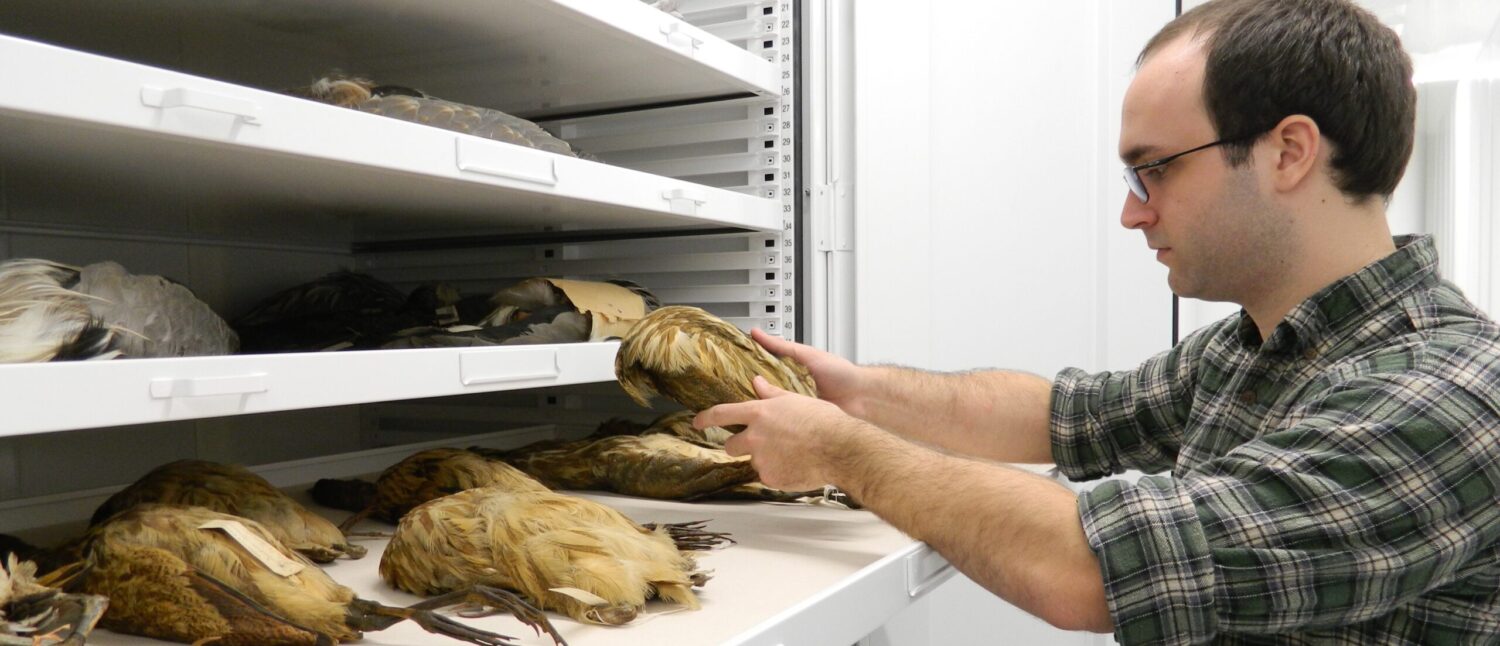The U.S. Congress has now enacted a much-awaited omnibus spending package that provides fiscal year (FY) 2022 funding for the U.S. government.
Nearly 6 months overdue, the $1.5 trillion legislative package (H.R. 2471) combines all twelve FY 2022 appropriations bills and includes $13.6 billion in military and humanitarian aid for Ukraine. Overall, defense spending will increase by $42 billion or 5.6 percent to $782 billion and nondefense spending the source for most scientific research programs would increase by $46 billion or 6.7 percent to $730 billion.
The government had been operating under a series of stopgap funding resolutions since FY 2022 began on October 1, 2021. The finalized appropriations package ensures predictable funding for federal research agencies, such as the National Science Foundation (NSF), the National Oceanic and Atmospheric Administration (NOAA), and the National Institutes of Health (NIH), for the remainder of the year. However, the final bill provides smaller increases for science programs than were previously anticipated.
NSF will receive $8.8 billion in FY 2022, a mere 4 percent increase in budget compared to FY 2021. President Biden had requested a nearly 20 percent boost in funding for NSF, while proposals being considered by Congress last year had included a 12 or 13 percent increase for the science agency. The Research and Related Activities account within NSF will be funded at $7.2 billion (+3.6 percent) in FY 2022. Although a joint statement accompanying the bill supports the creation of a new technology directorate within NSF’s research account, the bill does not specify any funding for it.
Other major science provisions in the omnibus include:
- $1.06 billion (+3 percent) to the Smithsonian Institution, with $53.4 million (+4 percent) for the National Museum of Natural History.
- $268 million for the Institute of Museum and Library Services, an increase of 4 percent over FY 2021.
- $14.1 billion (+$776 million) for the Department of the Interior in FY 2022, with $1.4 billion (+8 percent) directed to the Bureau of Land Management; $3.3 billion (+5 percent) to the National Park Service; and $1.65 billion (+4 percent) to the Fish and Wildlife Service.
- $1.39 billion (+6 percent) to the U.S. Geological Survey (USGS), with $278 million (+7 percent) for its Ecosystems Mission Area. The Administration had proposed augmenting USGS’s budget by 25 percent.
- $5.9 billion (+8 percent) for NOAA, with $200 million (+$18 million) directed to climate research.
- $24 billion for the National Aeronautics and Space Administration, a 3 percent increase compared to FY 2021, with $7.6 billion (+4 percent) for its Science account. President Biden had proposed a 6 percent increase for the space agency.
- $1.23 billion for the National Institute of Science and Technology, a 19 percent boost compared to FY 2021. The President had requested a 45 percent boost for NIST.
- $45 billion to NIH, an increase of nearly 5 percent over FY 2021. The White House had requested a 20 percent budget increase for the biomedical research agency.
- $1 billion to the Department of Health and Human Services to establish the new Advanced Research Projects Agency-Health or ARPA-H to accelerate the pace of scientific breakthroughs for diseases such as ALS, Alzheimer’s disease, diabetes, and cancer. This level is only a fraction of the $6.5 billion that was requested by the Administration.
- $3.5 billion (+$217 million) for agricultural research, including $1.64 billion (+4 percent) for the National Institute of Food and Agriculture, $1.76 billion (+15 percent) for the Agricultural Research Service, $445 million (+$10 million) for the Agriculture and Food Research Initiative.
Notably, funding for NSF and DOE in the FY 2022 spending package falls significantly short of the authorization levels being considered by lawmakers as part of broad science and innovation legislation (S. 1260, H.R. 4521) to enhance U.S. competitiveness with China. Lawmakers are currently working to jumpstart conference negotiations to reconcile the House and Senate authorization proposals and hope to negotiate a final bill by this spring.

